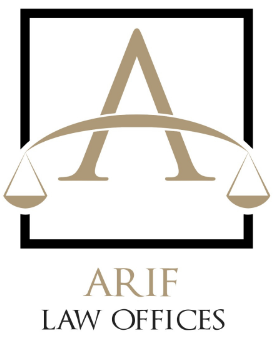Moving to France with pets involves careful planning and understanding of the country’s regulations on pet travel and importation. For American pet owners, ensuring a smooth transition for their furry companions is a top priority, and this guide will help you navigate the process.
Pet Import Requirements
France has strict regulations when it comes to bringing pets into the country. The first step is to ensure that your pet meets all the health and vaccination requirements. For dogs, cats, and ferrets, this includes having a microchip that complies with ISO standards and being vaccinated against rabies. The rabies vaccination must be administered at least 21 days before travel, and the microchip must be implanted before the vaccination.
In addition to the microchip and vaccination, you will need to obtain an EU Pet Passport or a health certificate issued by a USDA-accredited veterinarian. This certificate confirms that your pet is in good health and meets all the necessary requirements for entry into France. The certificate must be endorsed by the USDA and is valid for four months.
Travel Arrangements
When planning your move to France with pets, consider the logistics of the journey. If you’re flying, check with the airline regarding their specific requirements for pet travel, including carrier size, weight limits, and fees. Some airlines allow small pets to travel in the cabin, while larger pets must be transported in the cargo hold. Make sure to book your pet’s travel well in advance, as space for pets on flights can be limited.
It’s also important to prepare your pet for the journey. This includes acclimating them to their travel carrier, ensuring they are comfortable with the environment, and consulting your veterinarian about any potential travel-related stress or anxiety. Depending on your pet’s needs, your vet may recommend sedation or other measures to help them stay calm during the flight.
Quarantine and Entry Procedures
Fortunately, France does not require a quarantine period for pets arriving from the United States.
Legal and Tax Considerations
When purchasing property in France, it’s important to understand the legal and tax implications involved. France has specific property taxes that buyers need to be aware of, including the taxe foncière (land tax) and the taxe d’habitation(occupancy tax). These taxes are calculated based on the property’s location and size and are payable annually. Additionally, France’s inheritance laws differ from those in the U.S., and it’s essential to consult with a legal expert to ensure that your estate planning aligns with French regulations. Understanding these legal requirements and taxes will help you avoid surprises and ensure that your property investment in France is a smooth process.

ARIF LAW OFFICES, P.C.
U.S. and France Immigration Law Offices
global immigration solutions for France and the United States
Arif Law Offices, P.C. © 2025 All Rights Reserved
Developed by OM Media
